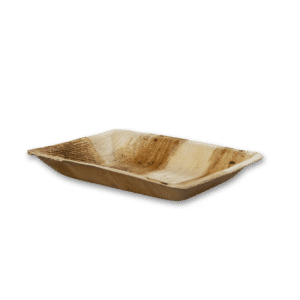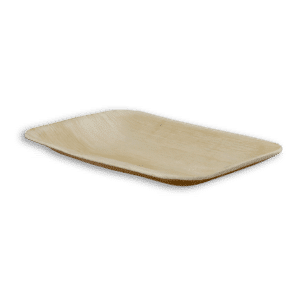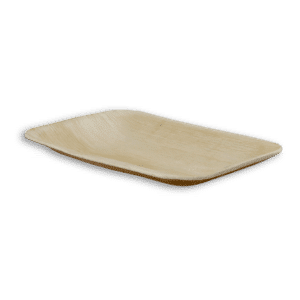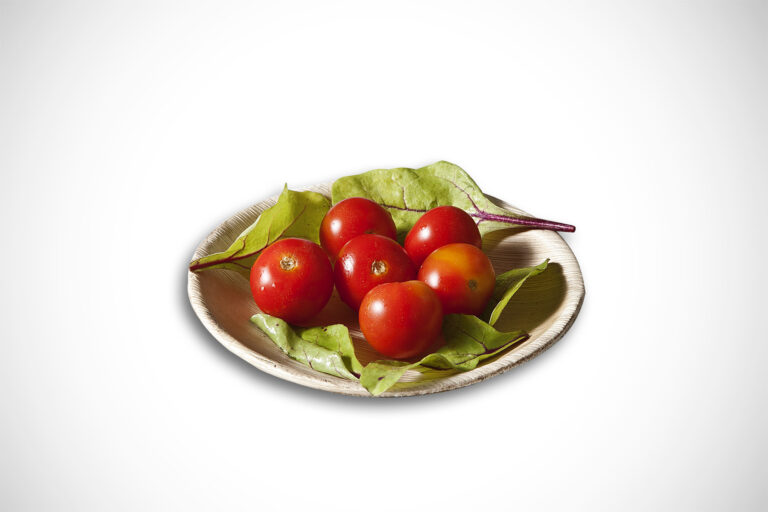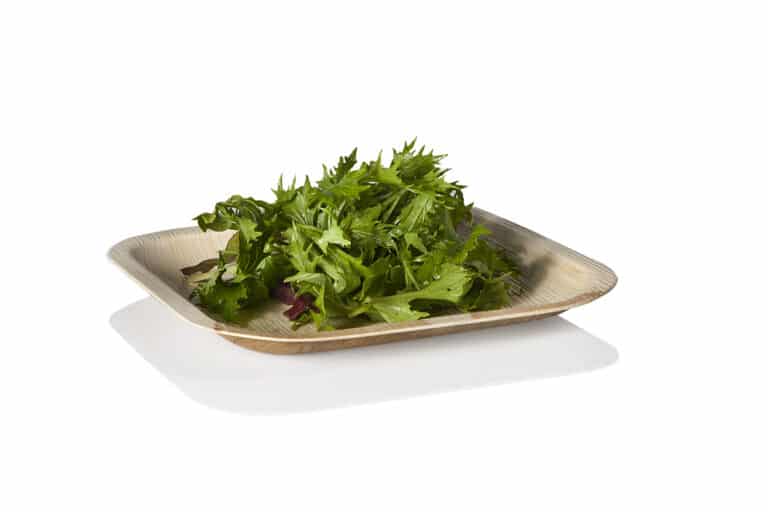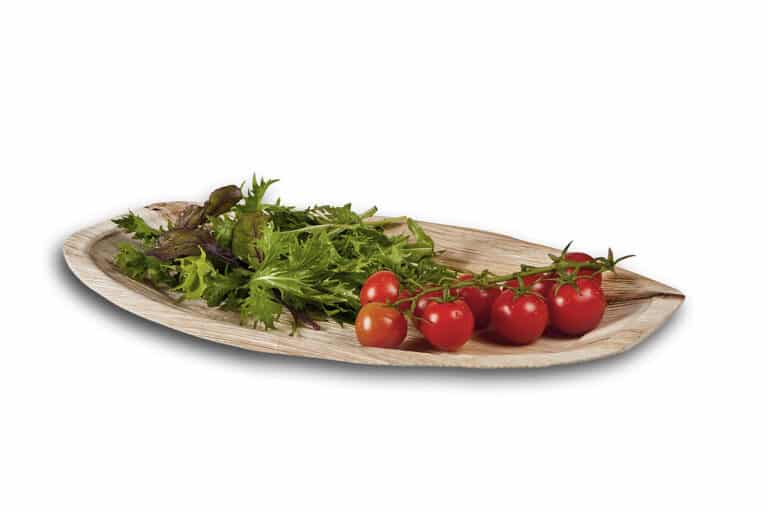Few words on compost:
Compost is the single most important supplement you can give your garden, but not only. It’s a simple way to add nutrient-rich humus to your lawn or garden that fuels plant growth and restores vitality to depleted soil. It’s also free, easy to make, and good for the environment. But composting also has other benefits as already explained in our blog “The importance of composting and Areca leaf plates”.

Ok, let’s get started – How and what to compost.
Composting is not just throwing your waste into a big pile or bin, but on the other hand it is not that complicated and every one of us can do this and contribute a small part to our planet.
- Your container or bin:
You can choose a simple bucket or a tumbler bin that turns your pile for you or even a worm composting bin that does all the work for you.
- Location:
One of the most important factors for starting a compost pile is its location. Choose an open, level area with good drainage. You do not want your compost to sit in standing water. An area with partial sun or shade is also ideal. Too much sun can dry the pile out, while too much shade can keep it overly wet. Finally, choose a site that is easy for you to get to and avoid areas near dogs or other meat-eating animals.
- Organic matter balance:
This would be maybe the most important factor for you. You must have a balance between brown or dry matter (also called carbon rich matter) to green or wet matter (also called nitrogen rich matter).
Nitrogen-rich matter includes things like fresh grass or weed clippings, fruits and vegetables (fresh or rotten), and egg shells. Carbon-rich matter, includes items such as bread, sawdust, coffee grounds, fruit pits, paper, tree branches, and dead leaves.
You must remember that improper balance can lead to foul odors or a dry pile. For example, if you add a big pile of dead leaves and tree branches after doing some yard work, you also need to add manure or fresh grass clippings and water to balance the brown matter with green matter.
-
Size:
The recommended size for a compost pile is generally no smaller than 3 feet (1 m.) high and wide and no larger than 5 feet (1.5 m.). Anything smaller may not heat up efficiently and anything larger may hold too much water and become difficult to turn. It is recommended to start your pile on bare ground rather than on asphalt or concrete, which could impede aeration and inhibit microbes. Placing a pallet underneath the pile is fine, however, if you prefer.
- Moisture:
In addition to organic matter balance, maintaining moisture is essential to microorganism growth and activity. A good way to think about it is that your compost pile should feel like a damp sponge. If you put too much brown matter, like dead leaves, the dryness makes them inaccessible to microbes, so water must be added. However, overwatering your compost pile is just as harmful, it will create foul odors and could cause leakage. If you find your pile is oversaturated in water, adding bulky brown matter like wood chips will help. For who lives in a place where it rains often, consider a closed or indoor compost bin.
- Temperature:
If you compost properly your compost pile should retain heat. This can happen if you have good insulation. Microorganisms need high internal temperature to reproduce and grow. We can say that the optimum temperature range for your compost bin would be between 57 to 71 Celsius. More or less than these numbers are un proper for your compost bin. To help maintain a good temperature, turn your pile, keep it moist, and break down the organic matter into smaller pieces.
Now, how do I know when my compost is finished and ready to be used?
Compost is ready or finished when it looks, feels and smells like rich, dark earth rather than rotting vegetables. In other words, it should be dark brown, crumbly and smell like earth.
Think of taking a deep breath in the middle of a wet forest, that’s what the compost should smell like when it’s finished.
The finished compost is at the top of your bin, so collect it from the top and do not mix it in with the unfinished organic matter at the bottom. The unfinished matter can remain in the bin to continue decomposing. It’s critical that the compost is finished before using it for your plants. Immature compost decays further by absorbing the nitrogen and oxygen from the surrounding soil, ruining your soil and even your plants.
Now you have your “black gold” and the most common use is as mulch for lawns. Apply a 3-6 in layer and spread it evenly on your lawn. As a mulch, it retains water, promotes lawn growth, and even keeps weeds from sprouting. It serves as an all-natural alternative to chemical fertilizers, as well as saving you money. You can also add it as potting soil for indoor or outdoor plants. Mature compost can balance soil PH, increase nutrients like nitrogen, phosphorus, and potassium, as well as provide better air and water channels for plants.
Some things that you are NOT supposed to put in your compost bin:
- Meat and Fish Scraps.
- Dairy, Fats, and Oils.
- Plants or Wood Treated with Pesticides or Preservatives.
- Black Walnut Tree Debris.
- Diseased or Insect-Infested Plants.
- Weeds that Have Gone to Seed.
- Charcoal Ash.
- Dog or Cat Waste.
- Stickers from the store bought fruits and vegetables! These can create big problems although they seem small, they do not compost and must be moved from the fruits and vegetables before composting.
Anyway, if you have doubts about something, keep it out. Just keep things simple in your bin. Put only the things that you know that they compost.
There are a few things you might not know that you can compost, one of which being Areca palm leaf plates. They are 100% biodegradable and compostable, meaning after you’ve used them, they can return their nutrients back to the earth, unlike other single-use tableware. By adapting more eco-friendly choices like Areca palm leaf plates and composting, you can do your part to help the earth.



